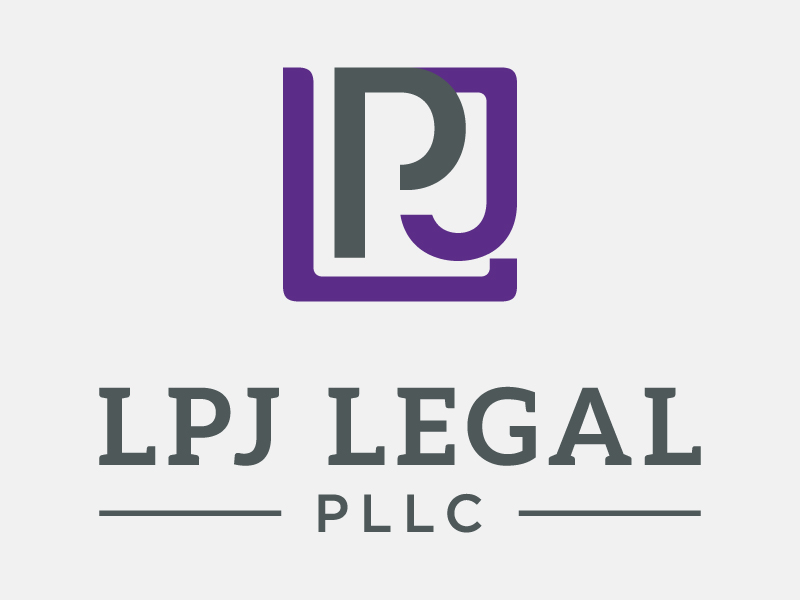**Franchise registration refers to the legal process by which a franchisor must file and register its Franchise Disclosure Document (FDD) with certain state agencies before offering/selling franchises in those states.
**Regardless of state-specific registration requirements, all franchisors must comply with the FTC Franchise Rule, which mandates providing a current Franchise Disclosure Document (FDD) to prospective franchisees at least 14 days before any agreement is signed or payment is made.
If you are a franchisee in Washington D.C., Maryland, Virginia, or Georgia, and you have questions about franchise registration, click here to speak with a legal expert.
🟢 Franchise Registration States
These states mandate franchisors to register their Franchise Disclosure Document (FDD) with a state authority before offering or selling franchises:
- California: Requires FDD registration with the Department of Financial Protection and Innovation. Advertising materials must also be filed prior to use.
- Hawaii: Mandates FDD registration. Certain exemptions apply, such as sales to institutional investors.
- Illinois: Requires FDD registration with the Attorney General’s office.
- Indiana: Franchisors must register their FDD and submit a Franchise Seller Disclosure Form for each seller.
- Maryland: Requires FDD registration and prohibits certain disclaimers in franchise agreements.
- Michigan: Mandates an annual Notice of Intent filing, but not full FDD registration.
- Minnesota: Requires FDD registration with the Department of Commerce.
- New York: Franchisors must register the franchise offering and receive approval before advertising.
- North Dakota: Requires FDD registration with the Securities Department.
- Rhode Island: Mandates FDD registration with the Department of Business Regulation.
- South Dakota: Requires FDD registration with the Division of Insurance.
- Virginia: Franchisors must register their FDD with the State Corporation Commission.
- Washington: Requires FDD registration with the Department of Financial Institutions.
- Wisconsin: Mandates FDD registration with the Department of Financial Institutions.
🟡 Franchise Filing or Exemption States
These states do not require state registration of their FDD, but do have specific filing requirements or exemptions:
- Connecticut: Franchisors can claim an exemption from registration if their primary trademark is registered with the USPTO.
- Kentucky: Allows a one-time exemption filing for franchisors, enabling them to offer and sell franchises without further registration.
- Nebraska: Permits a one-time exemption filing with a $100 fee, after which franchisors can offer and sell franchises without further registration. |
- Texas: Requires a one-time business opportunity exemption filing with a $25 fee, certifying compliance with the FTC Rule.
- Utah: Mandates an annual business opportunity exemption filing with a $100 fee for franchisors.
🔴 Non-Registration States
These states do not require franchisors to register or file their FDD at the state level but still adhere to federal franchise laws:
- Alabama
- Alaska: Has business opportunity laws regulated by the Department of Law.
- Arizona
- Arkansas: Enforces the Arkansas Franchise Practices Act, providing protections for franchisees, such as requiring 90 days’ notice for termination.
- Colorado
- Delaware: Implements the Delaware Franchise Security Act, affecting wrongful termination or non-renewal of franchise agreements.
- Florida
- Georgia: Has business opportunity laws regulating the sale of businesses.
- Idaho
- Iowa
- Kansas
- Louisiana: Franchisors can avoid business opportunity law filings if they have a federal or state trademark registration.
- Maine
- Massachusetts
- Mississippi
- Missouri: Prohibits termination of franchise agreements without 90 days’ notice, except in specific circumstances.
- Montana
- Nevada
- New Hampshire
- New Jersey: Enforces the New Jersey Franchise Practices Act, limiting certain provisions in franchise agreements and requiring 60 days’ notice for termination.
- New Mexico
- North Carolina: Requires business opportunity filings unless the franchisor has a federally registered trademark.
- Ohio: Franchisors complying with the FTC Rule are exempt from state business opportunity laws.
- Oklahoma: Similar to Ohio, compliance with the FTC Rule exempts franchisors from state business opportunity laws.
- Oregon
- Pennsylvania
- South Carolina
- Tennessee: Enforces the Tennessee Consumer Protection Act, requiring franchisors to act in good faith and provide 30 days’ notice for termination.
- Vermont
- West Virginia
- Wyoming
⚖️ Legal Expertise in Federal Compliance
New to LPJ Legal? We’re a dedicated group of experienced and highly credible legal professionals, proudly representing clients both locally and internationally with domestic offices in D.C., Maryland, Virginia, and Georgia. At LPJ Legal, we believe that a law firm should be more than a legal resource; it should be a trusted partner. Our team is committed to safeguarding our clients’ businesses, properties, and futures, providing powerful legal insights to help ensure their success. To become a franchise client, visit the LPJ Legal website, or call us directly at 202-643-6211.
If you are a franchisee in Washington D.C., Maryland, Virginia, or Georgia, and you have questions about franchise registration, click here to speak with a legal expert.



